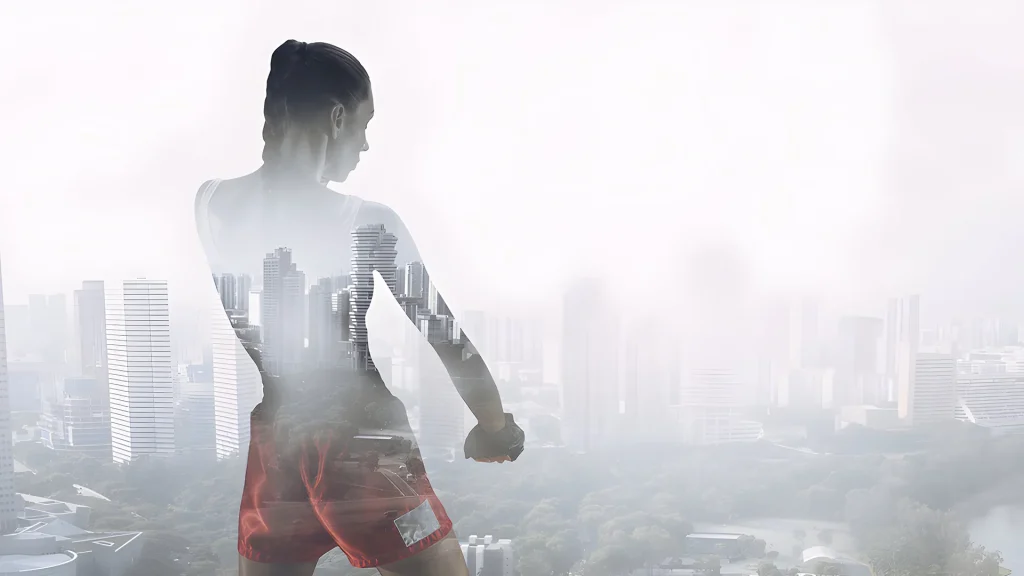There’s something about stories that don’t resolve neatly. Stories that stretch, bruise, and breathe. The ones that leave the window open, even when the door has long since shut.
Lana Lee’s A Yellow Rose in Thorn’s Clothing is one of those stories.
It doesn’t pretend to be tidy. It doesn’t try to be triumphant in the conventional sense. What it offers instead is far rarer: the honesty of a woman who lived a hundred small lives inside one long one, who got hurt, got up, got hurt again, and kept walking.
Lana opens her book with a note:
“I suppose he did save my ass in some respects, but it wasn’t exactly a free ride… I’ve hardly laid under a palm tree on the beach in the shade, swinging in a hammock, eating Bon Bons and grapes fed to me by humble servants. Please, this is my actual life we’re talking about.”
That tone… That disarming, dry-eyed wit. It is stitched through every page. And it’s what elevates her story from mere autobiography to something that stands among the most inspiring female biographies, because she tells you how she survived losing. A lot.
This is not the kind of tale that starts with trauma and ends with a TED Talk. No perfectly tied bow, no Hollywood montage.
Just a girl who grew up, made some choices, made some mistakes, and kept the receipts.
Sometimes the memoir of a woman challenges is loud, raging, defiant. Lana’s is more of a slow burn. It starts with a dusty Texas air force base, a chaotic home, and a girl who, despite everything, just keeps paying attention.
She writes about her alcoholic father, who sang her a song with the line, “She’s got freckles on her butt, she’s pretty.” A throwaway line to him, a memory she still carries.
She tells the story of being molested by a stepfather, only for her mother to respond, “I’m sure he had good intentions.” It’s the kind of wound you don’t just heal from. You learn to live around it.
This, too, is part of the books on inspirational women we don’t talk about enough: how often a woman’s strength is defined by what she learns to carry, not what she’s able to leave behind.
Lana doesn’t pretend to be perfect. She never asks for sympathy. She just… lays it out. The good, the awkward, the wild, the heartbreakingly funny.
She remembers dancing to Sonny and Cher on her grandparents’ porch, imagining herself serenading the boy next door. She remembers getting left at the zoo by her whole family. She remembers sleeping with her prom date on the couch in her living room. “Ironically,” she writes, “it was the same couch where Warren had tried to teach me a lesson about what boys wanted.”
There’s a rhythm in her voice, like she’s writing you a long letter from the other side of her twenties, her thirties, her forties. Like you’re two women at a kitchen table, passing a mug of tea back and forth, neither one of you sure who poured it first.
One of the things that makes this memoir feel so intimate, so achingly real, is that Lana doesn’t chase closure. She just notices what stuck.
She remembers what music played. What the weather felt like. Who was laughing in the background when she got her heart broken.
She remembers sitting in a detention room because she slammed a door after being punished for wearing a cowboy hat. She remembers her biology teacher trying to defend her, and she remembers apologizing to the English teacher who sneered at her anyway.
“I hope he’s burning in Hell,” she writes, flatly, and doesn’t revisit it again.
It’s that mix of humor and hurt, sharp edge and softness, that makes this one of the most inspiring female biographies I’ve read in a long time.
Because the inspiration isn’t in what she achieved. It’s in what she withstood.
There’s a line near the middle of the book, after a disastrous breakup, when she writes:
“Wait. You married an ugly, boring, and obviously stupid woman because… you thought you were just going to run my life? Spoiler alert. I wasn’t THAT stupid.”
I laughed when I read it. But also, I felt something lodge in my chest.
Because how many women have heard some version of that voice. The voice that tells you you’re not smart enough, pretty enough, good enough? How many of us have internalized it, even when we know better?
That’s why this book matters. Why it’s not just another memoir of a woman challenges. It’s a mirror for the messy, complicated, imperfect ways women survive.
It should be said: this isn’t a story about climbing a ladder or finding a passion or building an empire. Lana’s not selling empowerment. She’s just telling the truth.
That’s what makes it stand out among books on inspirational women.
She doesn’t need a brand, or a platform, or a personal transformation coach. She has her voice. Her memory. Her willingness to say, “This happened. And then this. And I’m still here.”
By the end, I didn’t feel like clapping. I just felt quiet. And grateful.
Grateful for women who tell the whole story, not just the parts that are palatable. Grateful for memoirs that don’t strive for perfection and actually make room for contradictions, unresolved endings, and complicated grace…for truth.
And grateful for the reminder that sometimes, just showing up for your own life, flawed and raw and unfinished, is enough to make you one of the most inspiring female biographies someone else will ever read.
Even if you never meant to be one.
